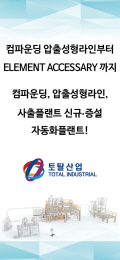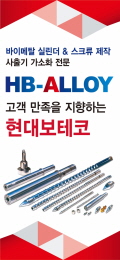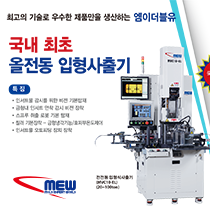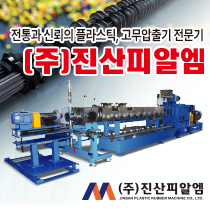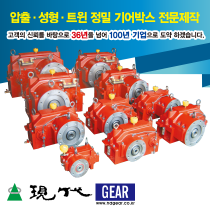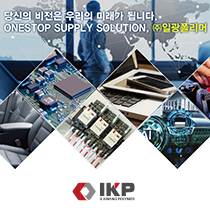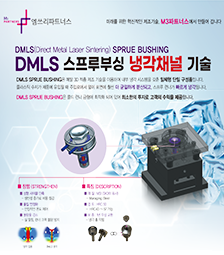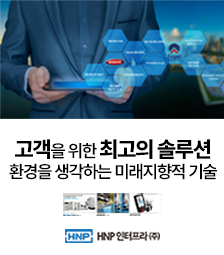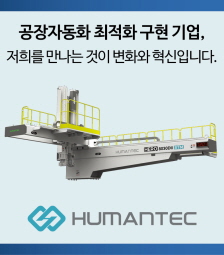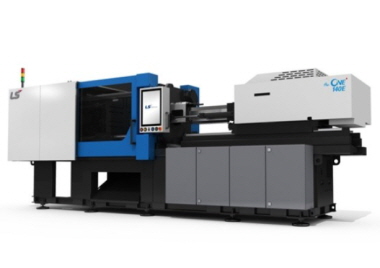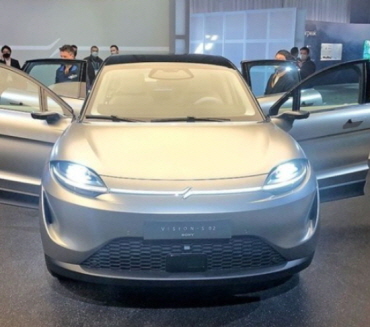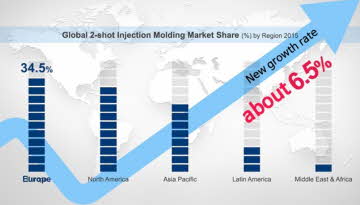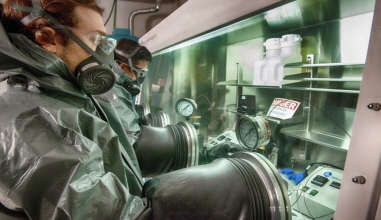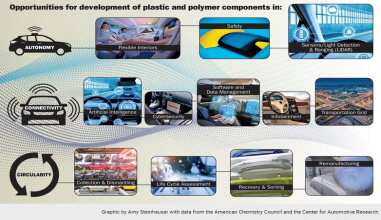Automakers seek more ethical, resilient supply chains
Electric vehicle batteries require cobalt.
Most cobalt comes from mines in the Democratic Republic of Congo.
Congo is a nation plagued by instability and a lack of rule of law that allows some mining companies to exploit their workers.
Welcome to the challenge of auto industry supply chain ethics.
Supplier disruptions caused by the pandemic are being amplified by concerns about how to ethically source critical automotive materials.
The drive has given a new urgency to supply chain transparency. But the work is both labor-intensive and unreliable. Automakers and many Tier 1 parts makers have been trying to peel back the layers of their parts and material sourcing for nearly a decade, especially since a combined earthquake and tsunami in Japan made getting some key materials impossible.
"We have gone through every step of the supply chain to the cobalt mine to make sure it's ethically correct," Volvo procurement boss Martina Buchhauser said in an online presentation during last month's Financial Times Digital Future of the Car summit. "But what we were missing was a technological way of tracing and putting a ledger on it. And making sure it can't be fiddled with after the fact."
In light of the COVID-19 pandemic, Volvo aims to widen this transparency to other parts of its supply chain. "If something happens again," Buchhauser said, "it would be good to have more visibility in the supply chain."
Volvo also wants more insight into the ethical sourcing of all of its other parts, and to be able to track its CO2 footprint across the entire supply chain.
"At our heart is safety and sustainability, and responsible sourcing and CO2 footprint are a big part of that," Buchhauser said. "At first it was a bit funny, because everyone was like, 'Oh, you really mean this?' Now our suppliers are well educated and want the same things."
To monitor the origins of their supply of cobalt, both Volvo and Daimler are working with the U.K.-based startup Circulor, a company that tracks vast amounts of purchasing and logistics data in a process referred to as blockchain.
Such supply chain analytics have been around for a while, with companies such as ELM Analytics and Resilinc offering to map chains down through all tiers of suppliers. The data is becoming increasingly valuable as automakers and suppliers try to protect themselves from surprise source shutdowns.
But identifying every tier is an impossible task, said Ian Harnett, who spoke at the summit just before retiring at the end of July from his position as Jaguar Land Rover's purchasing chief.
"I would love to know everything all the way down," he said. "But, realistically, I would need an army of people. I would need supercomputers. And the first time a Tier 4 supplier changed one of its Tier 5 suppliers the data is of no use anymore."
Worse, it is unclear whether possessing all that data would truly change anything — other than where it concerned conflict materials, such as cobalt.
Harnett gave the example of the shiny pigment known as Xirallic, which is used universally in metallic paints and is produced solely in Japan.
Xirallic production crashed with the 2011 Japan earthquake and tsunami, halting the output of many vehicles in the U.S.
"None of us knew what it was," he said of Xirallic. Yet little has changed, he said. "Even after all this time, there's still only one place in the world that makes it."

Dual sourcing
Some automakers have spoken about the need to increase dual sourcing — relying on two suppliers to make the same part — to avoid breaking the chain in the event of disasters such as the pandemic.
"This is definitely something we are looking at," Kia Europe COO Emilio Herrera told Automotive News Europe. "We wouldn't want to be in the same situation again, where we depend on a sole supplier."
The value of dual sourcing became clear during this year's pandemic. An exclusive reliance on parts suppliers in China's Hubei province, the site of the first outbreak of COVID- 19, cost some automakers dearly, according to a report by the analysis arm of ING bank.
But dual sourcing is not an option for smaller-volume producers such as JLR.
"Making double sets of tools just in case there's an earthquake or some other crisis is simply unaffordable," Harnett said.
The massive cost of supply chain holdups means extra scrutiny of this part of auto manufacturing is going to be inevitable.
"The issue keeps coming up," said Matteo Fini, executive director for automotive supply chain and technology at IHS Markit. "Since the tsunami and Thai floods, around 2011 and 2012, awareness has increased among automakers, starting with the Japanese, and Toyota in particular. They have begun a very thorough exercise to map as much supply chain tiers as possible and have asked their major Tier 1 suppliers to do the same."
Suppliers are generally supportive of the process.
"If you are using new tools — cloud service or digital monitoring — to manage complexity to get a better understanding, it helps all of us," said Thorsten Muschal, executive vice president of sales and program management for Faurecia, as well as president of the European supplier organization CLEPA. "We all have to reduce costs and risk management, and anticipation can do that."
He named other benefits as well, such as tracking parts and calculating CO2 footprint, especially when looking ahead to the possibility of CO2 taxes in Europe in the near future. "I would say it was as essential for suppliers as automakers."
But some suppliers remain a bit leery about providing automakers with too much insight into a Tier 1 supplier's own supply chain arrangements.
"There are concerns around what sort of ammunition this transparency could give to an automaker's purchasing department," Fini pointed out. "They could request their Tier 2 or Tier X suppliers to move up the chain, for example."
And establishing a blockchain solution is also no simple matter.
Two years ago, BMW co-founded the Mobility Open Blockchain Initiative, and last year it completed a pilot solely involving the purchase of front lights.
BMW acknowledges the difficulty of tracking a part's origin and supply route when so many players are involved. The goal of the pilot, it said, was to "ensure seamless traceability of components more or less at the push of a button."
Andreas Wendt, BMW's head of purchasing and supplier network, said this year that the company's vision is to "create an open platform that will allow data within supply chains to be exchanged and shared safely and anonymized across the industry."
source : https://www.plasticsnews.com/news/automakers-seek-more-ethical-resilient-supply-chains

